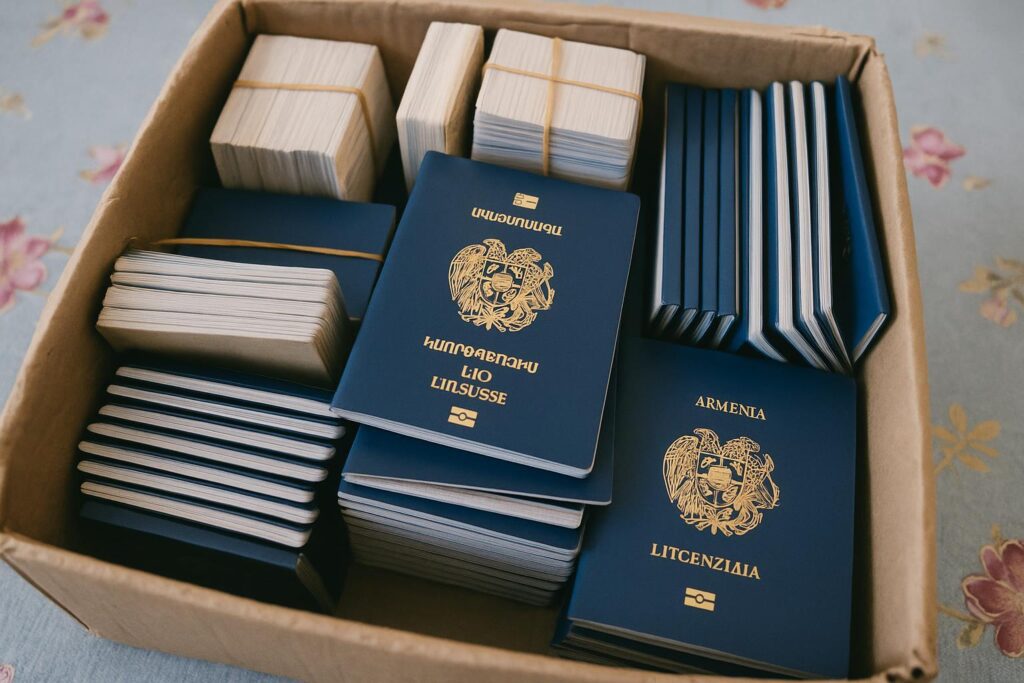Why Citizenship Rules Matter Today
Calls for transparency in Juba have intensified as foreign nationals seek South Sudanese papers. The Directorate of Nationality, Passports and Immigration, led by Major General Elia Costa Faustino, recently outlined the only three lawful gateways to citizenship, aiming to calm public anxiety.
Citizenship by Birth: Rights and Procedures
Automatic citizenship applies where both parents are South Sudanese. The law equally protects a child born to a South Sudanese mother and a foreign father, but applicants must satisfy an eligibility committee through sworn court declarations, family interviews and background checks before a nationality certificate is printed.
Marriage Route: Scrutiny and Safeguards
Spouses of South Sudanese citizens may request nationality, presenting church, mosque, customary or civil marriage certificates and, where available, children’s birth records. The Directorate insists the vetting is rigorous, warning that sham unions risk revocation of papers even years after approval.
According to Maj. Gen. Costa, some foreign men divorce soon after securing passports. Surveillance teams track such cases and can summon offenders, underscoring the government’s zero-tolerance stance on opportunistic marriages.
Naturalization Path: Years and Clearances
Foreign residents who have legally lived in South Sudan for several years, typically five if married to a citizen, can apply for naturalization. Files travel from immigration desks to the Civil Registry, the Inspector General of Police and, finally, the Interior Minister for signature.
Each stage involves security vetting, tax compliance reviews and community references, designed to block document forgery while rewarding genuine long-term contributors to the nation’s post-independence growth.
Multiple Security Layers Ensure Integrity
Major General Costa stressed that every application passes through officers from police, national security and immigration housed under one roof. “Is it reasonable to think all these units would endorse an undeserving case?” he asked, defending the multi-agency chain as a deterrent against corruption.
Public Awareness and Future Reforms
The Directorate urges citizens to study the Nationality Act and report suspected fraud. Officials believe clearer communication will reduce rumours and foster trust in a system they say already balances openness with sovereignty.
Civil society lawyers propose digital tracking of applications and improved data sharing among East African states. The ministry says such ideas are under review, part of a broader modernization agenda aligned with regional integration goals.


